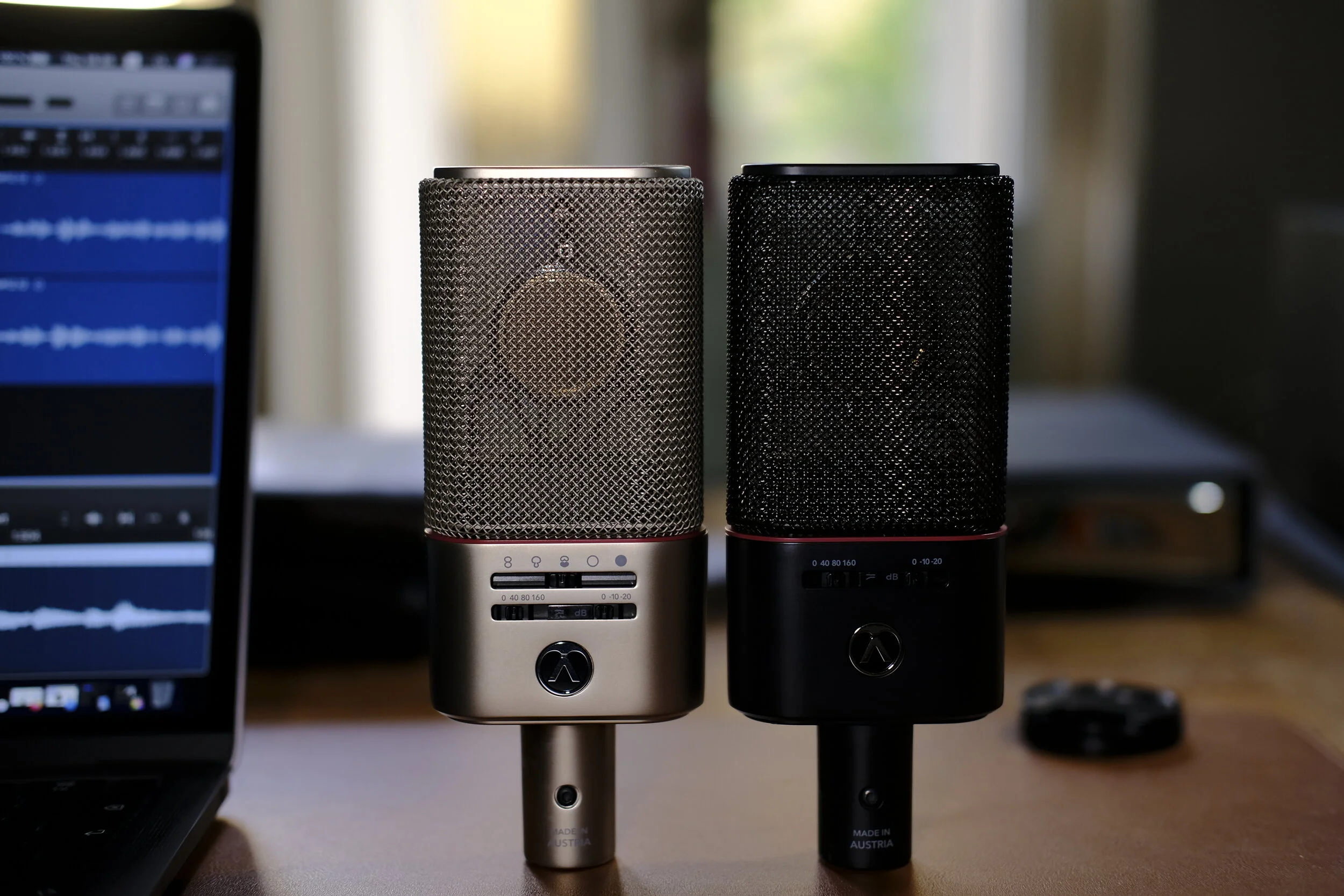6+1 Things That Will Improve Your Classical Guitar Practising
Playing the classical guitar can be utterly gratifying for professionals and amateurs alike; moulding unique sounds with our fingers and expressing our inner selves. Even more so, playing an instrument is a way to escape some of our everyday problems.
On the other hand, practising the classical guitar can often be frustrating; progress sometimes feels impossibly slow, and there are way too many things that need our full attention.
Adopting a new habit, or slightly shifting our mental state, can transform our practice sessions and boost our efficiency. Besides, a more enjoyable time with our instruments could only make us want to play more.
Here are a few of the things you can do to get the most out of your practice session.
Schedule your Practice Sessions
If you often postpone practising, finding yourself not having enough time for a full session. Try to organise your day better, instead of picking up your guitar every time you feel like it. Just like many other activities, set a specific time for practising, and make sure to show up on time. No excuses.
Don't Skip Days
If you can dedicate a couple of hours every day for your passion, it's excellent. But, don't skip practising for a day because you only have half an hour, thinking that it won't be enough. Decide on one thing, be it a difficult phrase or technique, you wish to conquer; gather all your concentration and dedicate your limited time on taming it.
Practice What you Can't Do - but Don't Reach Out for the Stars, yet.
I often see people with very little experience try to tackle a difficult concert piece. Usually, they try on their own for a couple of years, then frustration kicks in because they don't see any improvement, and they either quit or (hopefully) search for a teacher.
You should always practice material that is on the edge of what you can do, but not totally out of reach. Not too hard, not too easy. By building a well-balanced repertoire when the time is right, even difficult pieces will seem effortless.
Keep an Organised Space
There is no better way to lose time and kill concentration than having to search for that Bach score you wanted to work on, a metronome, a file for your nails, etc. Keep a tight and organised practice space with everything you need for the routine available at hands reach.
Do Not Disturb!
Speaking of concentration, put your phone in silent mode! You can achieve more in 30 minutes of full concentration, than in three hours full of distractions. Unless you are a surgeon, or your wife is pregnant, you can manage to stay off-line for an hour.
Don't Practice Through the Mistakes!
A common mistake that beginner guitarists do is to keep practising the same things, and usually by repeating the same mistakes, over and over again hoping that they might eventually improve.
What happens is that mistakes are being reinforced through repetition. Our muscles don't care if it sounds correct or not; if you repeat a movement a hundred times, that's what they'll learn. So, every time you make a mistake, stop right there and start again from the top.
If the mistake persists, work out the specific measures that need attention. Find out why your fingers want to play something different, practice slowly and correctly until you have it all down.
Slow. Down.
Playing classical guitar requires fine finger movements and coordination. Guess what, you cannot control those if you play at a relatively fast tempo. Work on your technique at a very slow tempo, one at which you can control all these fine movements to a great degree. Once you have the correct movement down, it's easy to increase speed.
Repeat - repeat - repeat
You managed to play that difficult Villa-Lobos part correct... once. You should celebrate!? Well, not so fast! If you cannot play it correct at least five times in a row, you probably haven't nailed that part yet, and chances are the when you'll have to perform the full score, the "wrong" version will creep into your performance. So, don't be satisfied with one correct repetition, and move on to the next part. Repeat as many times necessary until you can play it correctly every time!
Don't neglect to enjoy your sessions
I hope that some of these ideas will help you play this difficult piece you have been trying for some months, and hopefully make your practice a touch more satisfying.
Don't forget, no matter your level or your goals, be thankful for what you have achieved so far. Being able to play the classical guitar is a reward in itself.











